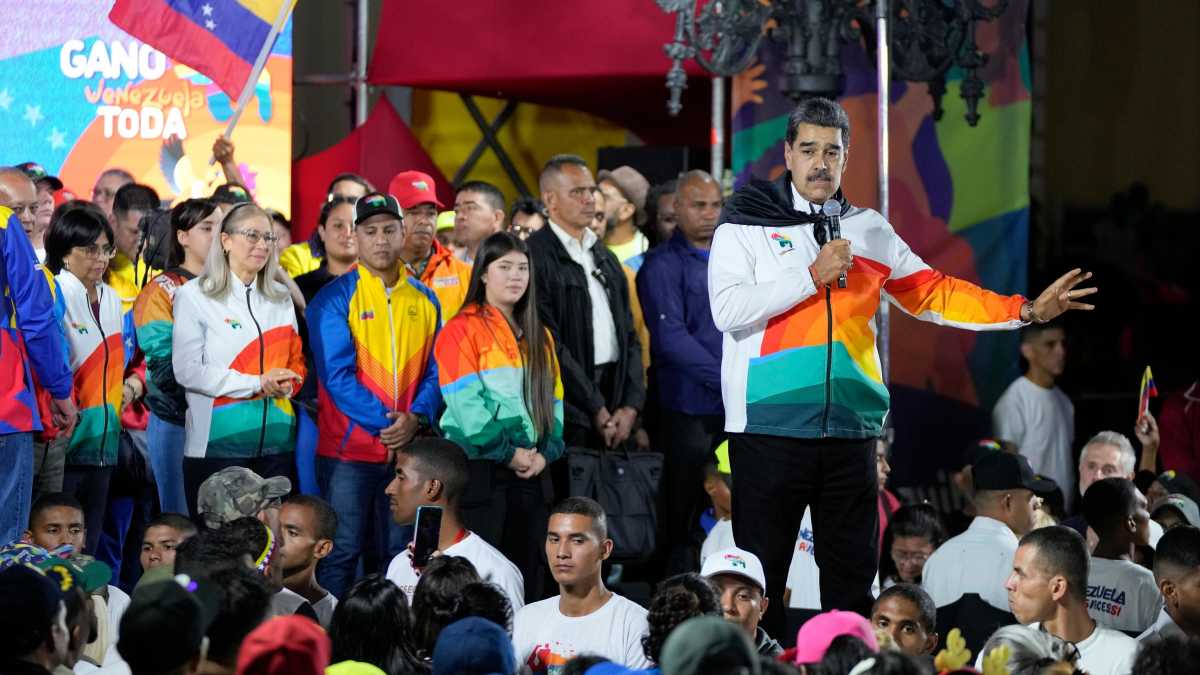World
Venezuela Approves Referendum to Claim Sovereignty Over Guyana

Venezuela has approved a referendum by President Nicolas Maduro’s government to claim sovereignty over a large part of its oil-rich neighbor Guyana. This latest development escalates a longstanding territorial dispute between the two countries.
The referendum asked Venezuelans whether they supported the establishment of a new state in the contested area known as the Essequibo. The National Electoral Council of Venezuela announced that 95% of voters in the nonbinding referendum approved of the nation’s territorial claim on a significant chunk of Guyana. The number of voters was not specified, and reports suggest that few voters were visible at polling sites during the voting period.
The Essequibo region, which comprises two-thirds of Guyana, holds substantial oil reserves off its coast. Friction between Venezuela and Guyana escalated after oil exploration operations by companies like ExxonMobil began. Venezuela maintains that Guyana has no right to grant oil concessions in the maritime areas off the disputed territory. In addition to the territorial dispute, President Maduro’s government is under pressure to ensure fair elections in 2024.
The dispute over Essequibo has lasted for over a century. In 1899, an international arbitral tribunal awarded the territory to Britain when Guyana was still under colonial rule. However, Venezuela has actively disputed this decision, with President Maduro recently accusing Guyana of engaging in “legal colonialism.”
Since then, Guyana has asserted that the Essequibo region is rightfully theirs and sought the intervention of the International Court of Justice (ICJ). However, it remains unclear how Maduro’s government plans to enforce the results of the referendum.
Despite the referendum, global markets have not reacted significantly as there have been no disruptions in oil supply. Henning Gloystein, Director of Eurasia Group, suggests that this is unlikely to occur in the near future. Both Venezuela and Guyana are crucial players in the oil industry, with Venezuela being a prominent OPEC member, and Guyana estimated to hold about 11 billion barrels of oil. Oil futures prices were slightly lower following the news.
Dan Yergin, Vice Chairman of S&P Global, highlights that the planned referendum is a risk that current crude markets have yet to price in. Yergin anticipates that the U.S. government would defend Guyana if Venezuela were to attack, comparing it to Russia’s actions in Ukraine.
Guyanese President Irfaan Ali reassured his country that there is no immediate cause for concern, stating that measures are in place to protect their borders and ensure safety.












